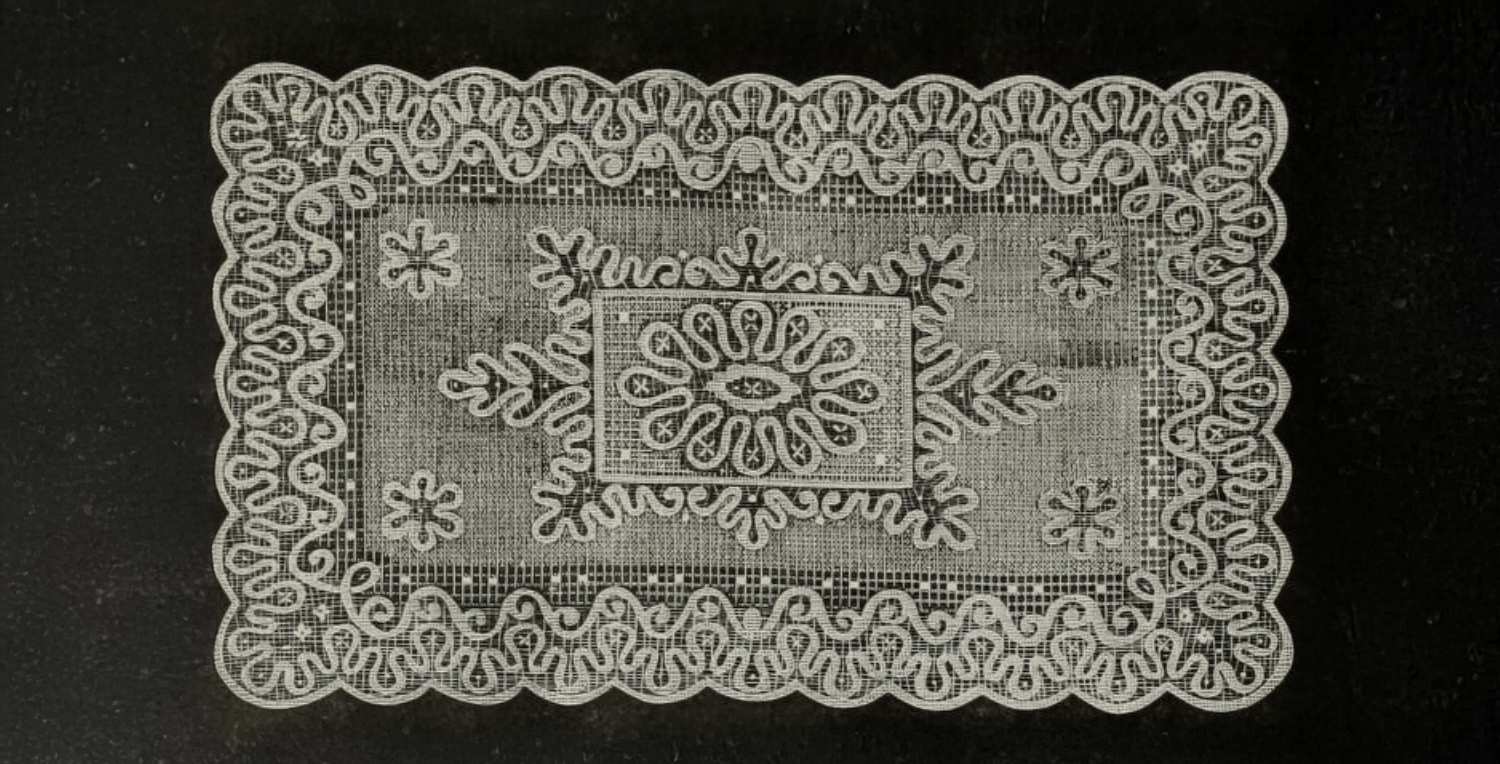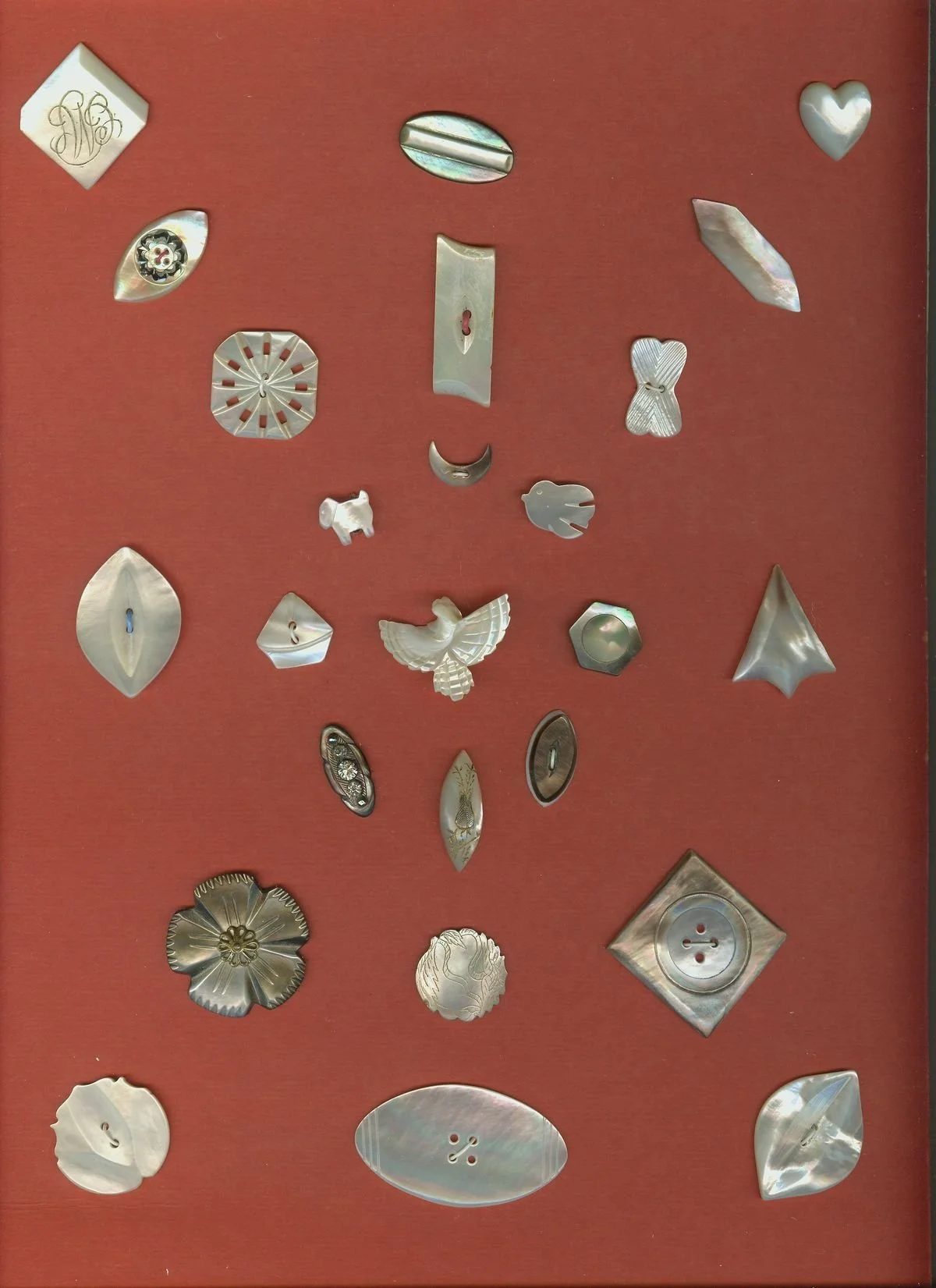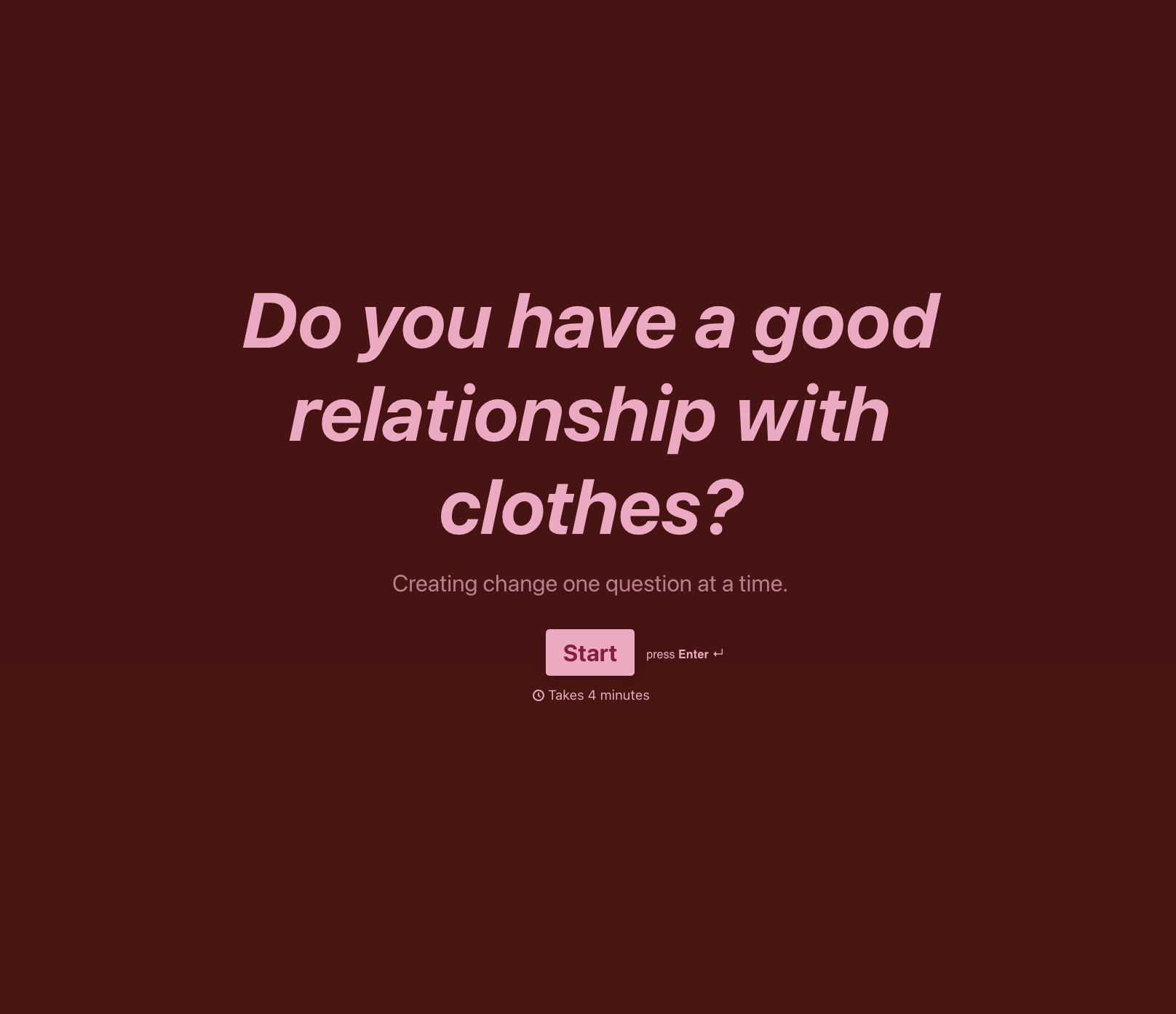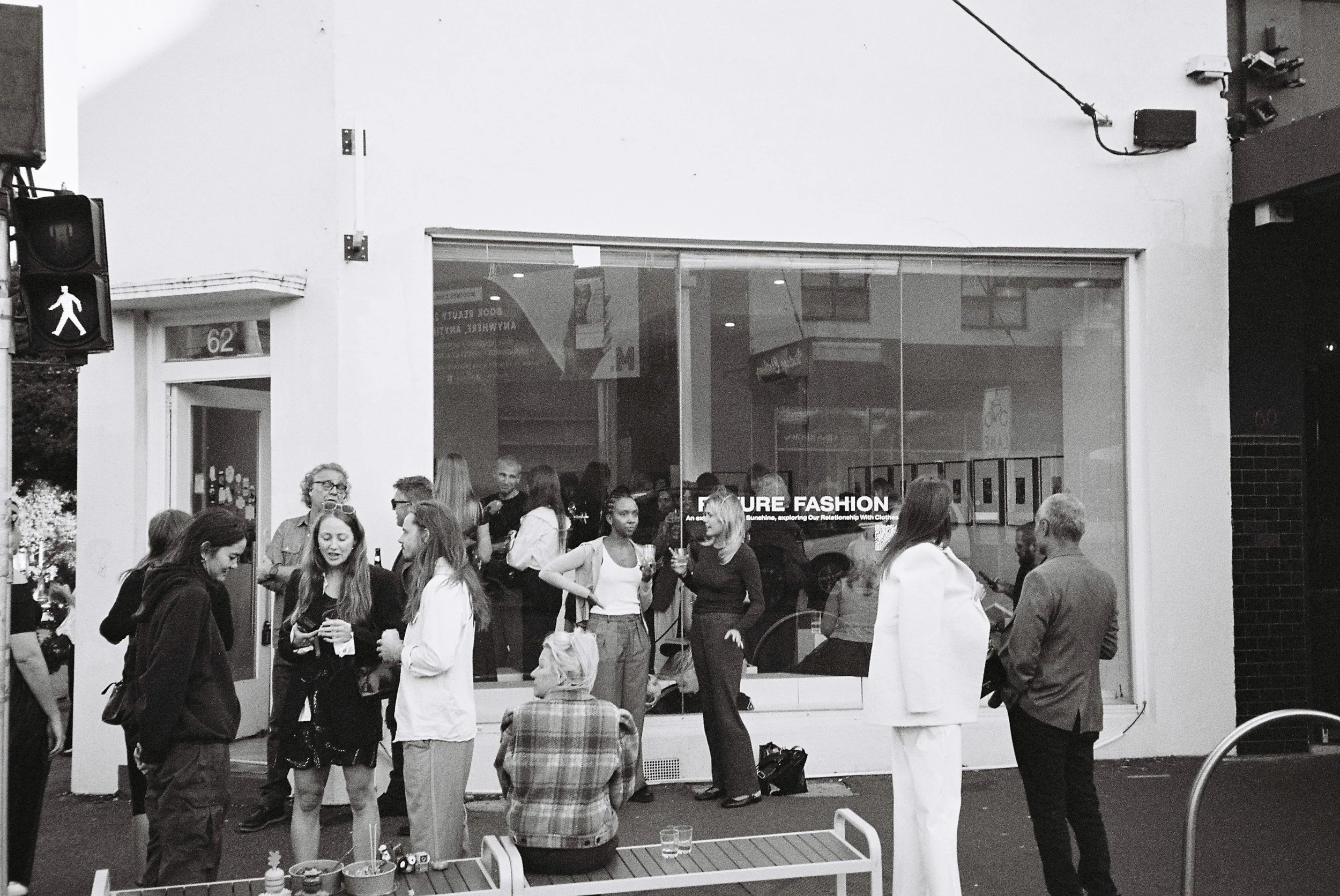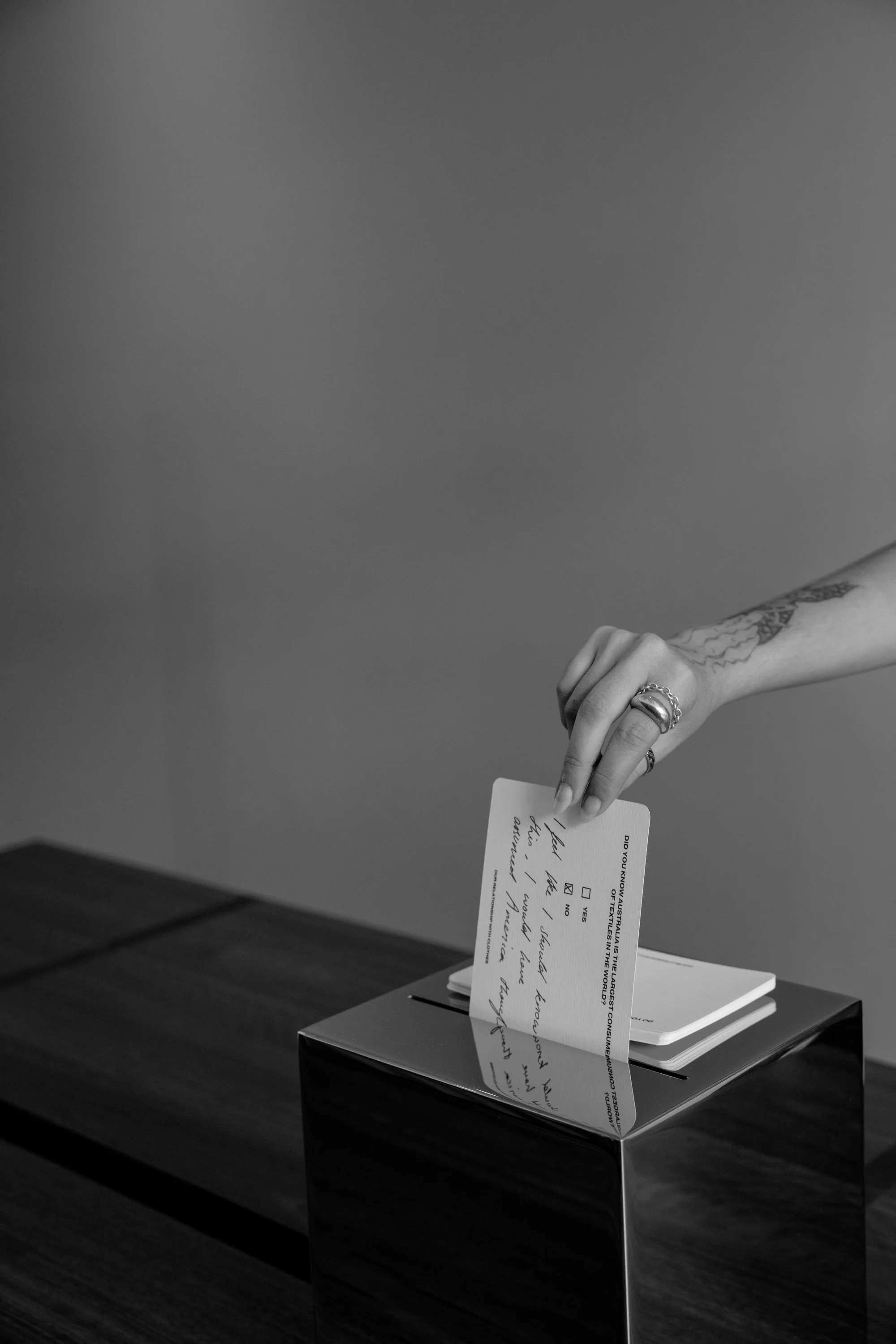What is a shopping addiction?
A shopping addiction also known as compulsive buying disorder or oniomania, is when buying becomes a compulsive behaviour used to manage emotions rather than meet real needs. It brings a temporary sense of relief or pleasure, followed by guilt, regret or financial problems, creating a repeating cycle.
Clothes are woven into the fabric of our lives. They aren’t just coverings - they’re daily necessities, personal statements, mood-lifters, and sometimes, mirrors of our insecurities. Shopping can be a way to engage with this world: a thrill, a comfort, a momentary escape.
But sometimes, buying becomes more than choice. It becomes a way to soothe, distract, or fill a space inside us we can’t quite name. A shopping addiction isn’t about the clothes themselves - it’s about the feelings behind the purchases. A new pair of shoes, a soft sweater, a bag that seems perfect for “this moment” - they offer a rush of excitement or relief. And then, often, the relief fades. Guilt, regret, or anxiety appear, and the cycle begins again.
In a world designed to make buying easy, immediate, and endlessly tempting, it’s easy to slip into these cycles. Social media scrolls, endless new releases, targeted ads - they speak to our desires, our moods, our sense of identity. Each purchase can feel like a small victory, a way to control our day, our image, or our feelings. And each one can also leave us feeling out of step with ourselves.
Looking at shopping this way - as part of our emotional life - can give us clarity. It invites us to notice our urges, our patterns, and the ways we try to cope. It reminds us that our relationship with clothes, and with shopping, reflects a deeper relationship with ourselves.
Creating change, one question at a time.
Participate
The Our Relationship With Clothes (O.R.W.C.) project is a space for everyone. Whether you’re already on the path to understand your relationship with fashion, wanting to repair it or just beginning to explore how clothes make you feel. This community is here to meet you where you are, normalising asking questions, having conversations and listening from a place of love and respect.
We believe in progress, not perfection.

